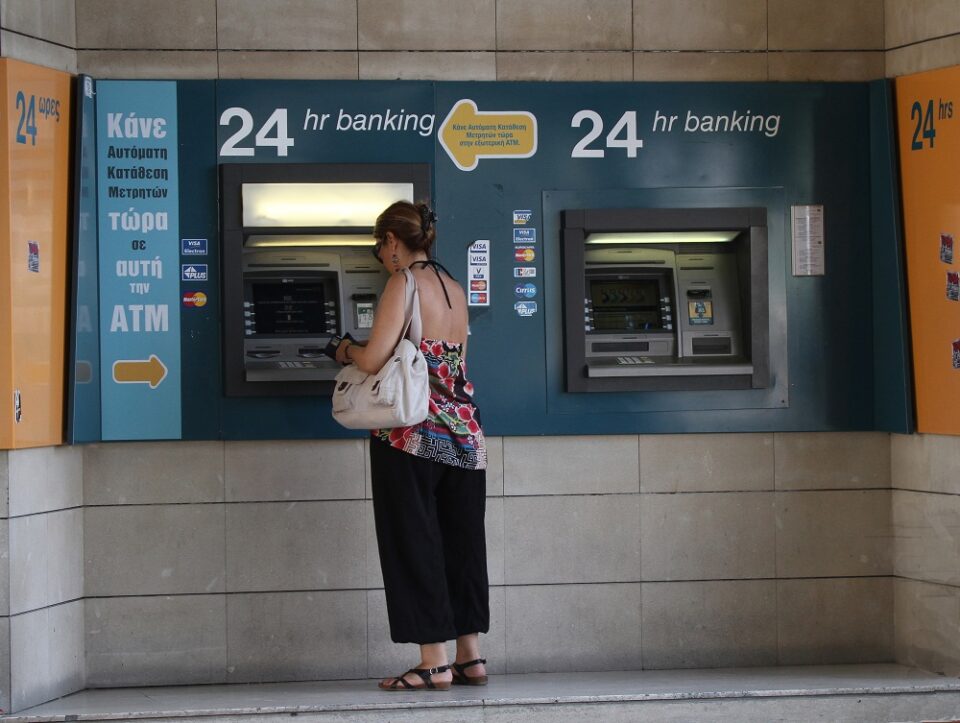The government is “seriously considering” levying a windfall gains tax on banks to offset the earnings they’re making due to the rise in interest rates, reports said on Tuesday.
According to Stockwatch, citing sources close to the finance ministry, the administration is mulling legislation on a windfall gains tax to “mollify” reaction from the political world to the increased cost of lending for households and businesses.
The media outlet said technocrats assessing the financial results of banks think the state could at this time impose a one-time tax on windfall gains.
The studies are still in their initial stage, and the technocrats would “dot their Is and cross their Ts” before submitting any bill to the cabinet.
Initially, the legislation’s application would be limited to taxing the windfall gains of banks. However, Stockwatch said, this did not rule out later expanding the scope to imposing the tax on other businesses – such as in the retail and tourism sectors.
Such a tax would be levied whenever businesses make “unexpected earnings, above the average.”
The media outlet said it contacted senior cadres at banks for a reaction, but they declined comment.
Stockwatch spoke to two economists to get their feedback.
Former CEO of the Cooperative Central Bank Marios Clerides said governments around the world have from time to time imposed windfall gains tax on companies whenever “extraordinary circumstances obtain in the economy.”
But he pointed out that the finance ministry should take into account that since 2012 – and until recently – Cypriot banks had registered losses due to their obligation to pay the European Central Bank negative interests on their liquid assets.
“So when the annual financial results of the banks showed a loss for a series of years, should the state have then lowered the taxes paid by financial institutions?” he asked rhetorically.
Another economist, Mike Spanos said he was in two minds about the levying of a windfall gains tax.
Although averse to the imposition of taxes generally, he said that “wherever big unexpected earnings occur for any organisations, industries or banks, the state can go ahead and impose a windfall gains tax.”
But he cautioned that any tax revenue should be redistributed in a way that’s beneficial to the public as a whole.
As possible examples for the imposition of windfall gains tax, he cited cases where building coefficients can “change overnight” – such as when an agricultural zone turns into a commercial or residential zone.
Spanos said the windfall gains tax was first applied in 1917 shortly before the entry of the United States in World War I. The practice was also implemented during World War II.







Click here to change your cookie preferences